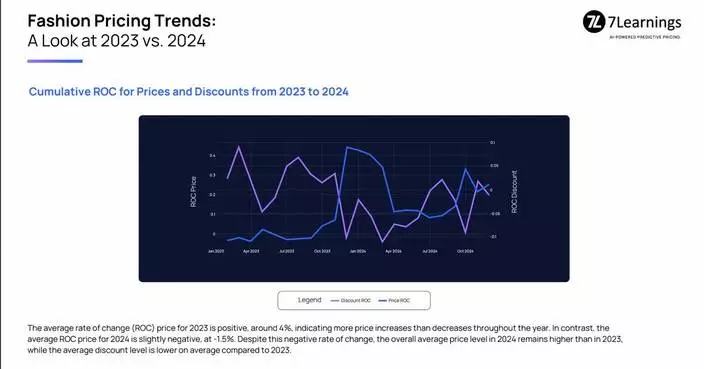BALTIMORE (AP) — An appeals court on Monday cleared the way for billionaire Elon Musk’s Department of Government Efficiency to once again access people’s private data at three federal agencies, a win for the Trump administration as the underlying lawsuit plays out.
In a split ruling, the three-judge panel blocked a lower court decision that halted DOGE access at the Education Department, the Treasury Department and the Office of Personnel Management. U.S. District Judge Deborah Boardman issued a preliminary injunction last month in federal court in Baltimore, saying the government failed to adequately explain why DOGE needed the information to perform its job duties.
Led by the American Federation of Teachers, the plaintiffs allege the Trump administration violated federal privacy laws when it gave DOGE access to systems with personal information on tens of millions of Americans without their consent, including people’s income and asset information, Social Security numbers, birth dates, home addresses and marital and citizenship status.
The Trump administration says DOGE is targeting waste across the federal government by addressing alleged fraud and upgrading technology.
The 4th U.S. Circuit Court of Appeals has also sided with the Trump administration in other cases, including allowing DOGE access to U.S. Agency for International Development and letting executive orders against diversity, equity and inclusion move forward. The court left in place, however, an order temporarily blocking DOGE from the Social Security Administration, which contains vast amounts of personal information.
In Monday’s opinion, Judge G. Steven Agee of the 4th U.S. Circuit Court of Appeals wrote that Boardman’s decision misread legal precedent in “requiring nothing more than abstract access to personal information to establish a concrete injury.” As a result, Agee wrote, the government demonstrated “a strong showing that it is likely to succeed on the merits of their appeal.”
Agee, a nominee of Republican President George W. Bush, was joined in his opinion by Judge Julius Richardson, who was nominated to the bench in 2018 by Republican President Donald Trump. They agreed to stay the preliminary injunction as the case proceeds.
In his concurring opinion, Richardson wrote that more evidence is needed to establish whether the access is necessary. “But it does not stretch the imagination to think that modernizing an agency’s software and IT systems would require administrator-level access to those systems, including any internal databases,” he wrote.
The third judge disagreed. “Simply put, I think the district court got things right,” Judge Robert King wrote in his dissenting opinion. King, who was nominated by Democratic President Bill Clinton, said he requested a larger panel of all 4th Circuit judges to consider the case, but the request was denied.
The lawsuit accused the Trump administration of handing over sensitive data for reasons beyond its intended use, violating the Privacy Act. Instead of carrying out the functions of the federal student loan program, the lawsuit says, DOGE has been accessing loan data “for purposes of destroying” the Education Department.
One of the nation’s largest teachers unions, the American Federation of Teachers says it represents 1.8 million workers in education, health care and government. Also joining the suit were six people with sensitive information stored in federal systems, including military veterans who received federal student loans and other federal benefit payments. The suit also was backed by the National Active and Retired Federal Employees Association, and the International Association of Machinists and Aerospace Workers.
——
Associated Press writer Lindsay Whitehurst in Washington contributed reporting.

FILE - Elon Musk attends the finals for the NCAA wrestling championship, Saturday, March 22, 2025, in Philadelphia. (AP Photo/Matt Rourke, file)





















































